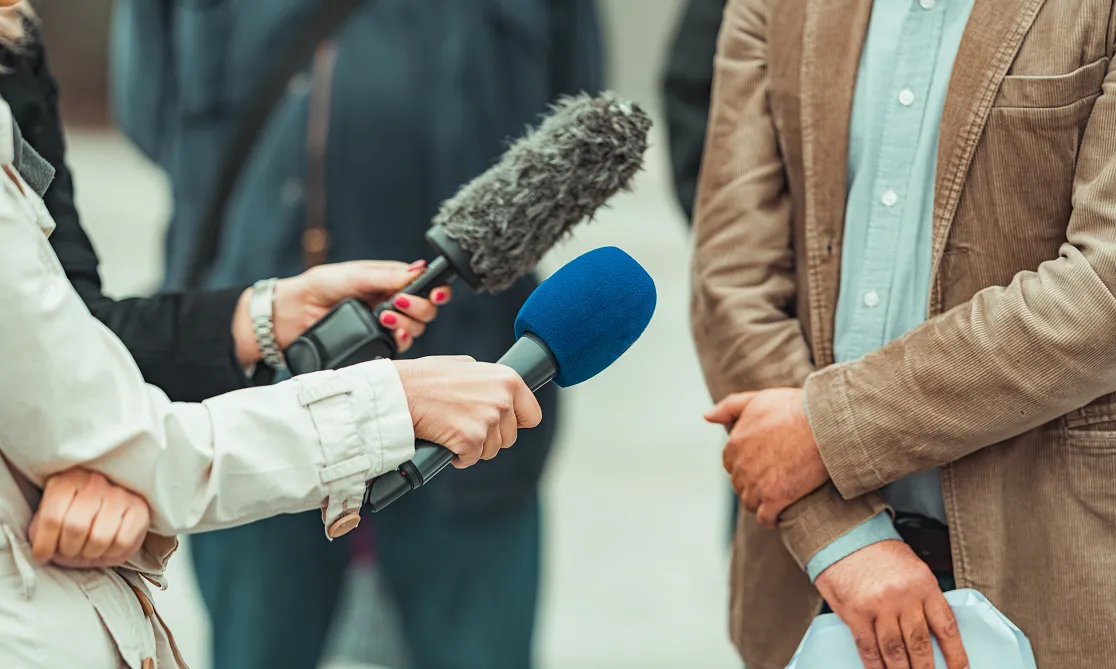Healthcare fraud against the government occurs when an individual or corporation files a claim to obtain reimbursement from government healthcare programs for products or services based on false claims. The two government health care programs most vulnerable to fraud and abuse are Medicare, which serves people who are 65 or older, and Medicaid, which covers individuals with limited resources.
Tricare, a government program that provides military personnel with civilian healthcare benefits, is also susceptible to false claims and fraudulent activity. Tricare enrollment is open to active service members and their families, National Guard and Reserve members, and retirees. The United States Department of Defense Military Health System administers Tricare, although the government has contracts with several large private insurance corporations to provide claims processing, administrative functions and customer service.
Wisner Baum Announces that NeuroScience/ Pharmasan Labs Pays $8.5 Million to Settle Whistleblower Laawsuit.
Types of Healthcare Fraud Schemes
Healthcare fraud can be found in all parts of the nation’s healthcare system, including medical clinics, hospitals, nursing homes, residential care facilities, and home healthcare companies.
Some of the most common schemes used to defraud government healthcare programs include:
- Billing for products or services that were never provided.
- Billing for medically unnecessary services.
- Billing for excessive services, e.g., daily medical office visits when a few times monthly would be sufficient.
- Overcharging for the goods and services that were provided. Two of the most common schemes are:
- Upcoding of services or supplies: Each medical procedure has a corresponding billing code attached to it. A criminal provider might submit a bill using a procedure code that will give them a higher payment instead of the actual code for the service provided, for example, using a code for individual therapy, when group therapy was provided. Upcoding may also apply to supplies – e.g., billing for more expensive items when cheaper ones were provided.
- Unbundling: This involves submitting separate bills for tests or procedures that were performed at the same time and should have been billed together at a reduced cost.
- Paying kickbacks in exchange for the referral of patients for health care services.
- Durable Medical Equipment (DME) fraud: Wheelchairs, catheters, and home oxygen or insulin pumps are examples of the many types of DME. Schemes include upcoding and unbundling (submitting multiple bills for component parts), billing for more expensive items than were actually provided, shipping DME without proper medical authorization, shipping DME that was never ordered, and failing to credit Medicare for returned items.
Healthcare Fraud Whistleblower
Healthcare fraud is prosecutable under the False Claims Act (FCA), which rewards and protects whistleblowers who file whistleblower (qui tam) lawsuits against fraudulent providers.
Some of the following healthcare fraud settlements illustrate the important role that whistleblowers and the FCA play in exposing fraud:
- North Atlantic Medical Services Inc. (NAMS), a Massachusetts company, agreed to pay $852,378 to resolve allegations that it violated the False Claims Act by submitting claims to Medicare and Medicaid for respiratory services provided by unlicensed personnel. The government investigation was triggered by a whistleblower lawsuit filed under the FCA by two former NAMS employees. They will split a whistleblower award of $153,428
- The DOJ announced that the former chief operating officer of a Miami-area psychiatric hospital pleaded guilty to submitting more than $67 million in fraudulent claims to Medicare for inpatient and outpatient mental health services that were not medically necessary. The hospital obtained Medicare patients by paying bribes and kickbacks to patient brokers.
- DaVita Healthcare Partners, Inc., a company that operates dialysis clinics in 46 states and the District of Columbia, paid $350 million to resolve claims that it violated the False Claims Act by paying kickbacks to physicians for referring patients to its clinics. Such payments have been made illegal to ensure that health care decisions are based only on the medical needs and interests of the patient, not financial gain for the doctor. Here again, the charges were originally brought in a qui tam lawsuit filed by a whistleblower, a senior financial analyst with the company.
- Dignity Health, one of the largest hospital systems in the nation, agreed to pay $37 million to settle charges that 13 of its hospitals in California, Nevada and Arizona knowingly submitted false claims to Medicare and Tricare by admitting patients who could have been treated on a less costly, outpatient basis. The settlement resolved a lawsuit brought by a whistleblower who was a former Dignity employee under the qui tam provisions of the False Claims Act (FCA). She will receive a whistleblower award of approximately $6.25 million.
If you have knowledge of healthcare fraud and are considering taking action, please contact the Wisner Baum whistleblower attorneys today for a free case consultation.

